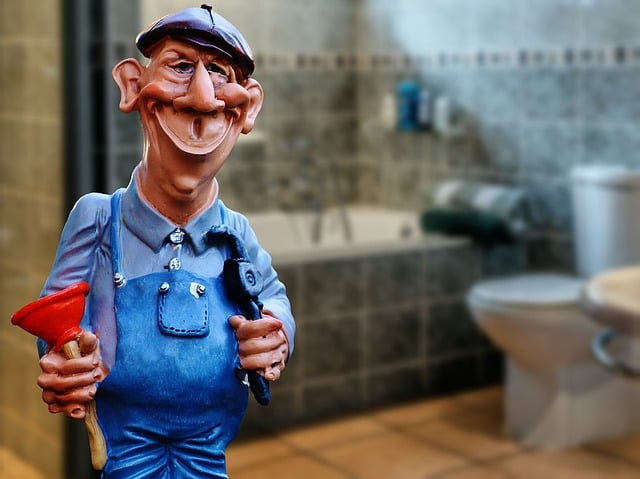Common garbage disposal problems like power issues and grinding noises can often be fixed by homeowners with regular maintenance, such as cleaning with hot water and vinegar. For complex diagnostics and repairs, a plumber is essential to ensure optimal performance. Plumbers check for blockages, disassemble components, replace worn-out parts, and prevent leaks through regular maintenance, avoiding costly future issues.
Need your garbage disposal fixing like new? This comprehensive guide equips homeowners and do-it-yourselfers with the knowledge to restore smooth operation. From understanding common issues like clogs and mechanical malfunctions to replacing parts and implementing preventive maintenance tips, you’ll learn essential techniques from industry professionals. Discover how a plumber’s expertise can help avoid costly repairs and keep your kitchen running smoothly.
- Understanding Common Garbage Disposal Issues
- Tools and Safety Precautions for Repairs
- Diagnosing and Fixing Mechanical Malfunctions
- Replacing Parts for Optimal Performance
- Preventive Maintenance Tips for Plumbers
Understanding Common Garbage Disposal Issues
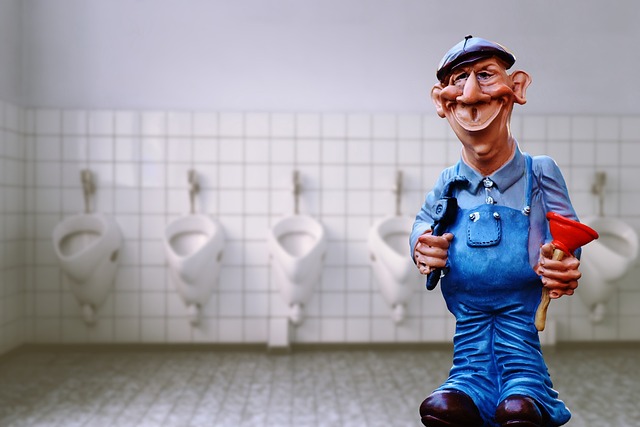
Many common garbage disposal issues can be easily identified and resolved by homeowners, saving them time and money on potential service calls. One of the most frequent problems is a lack of power or grinding noises when the disposal is activated. This could be due to a faulty motor or a buildup of debris that prevents the blades from rotating freely. Another typical issue is a bad odor coming from the unit—a sign of a potential clog or food particle buildup.
A plumber can help diagnose and repair these issues, ensuring your garbage disposal operates efficiently and effectively. Regular maintenance, such as cleaning and flushing with hot water and vinegar, can also prevent future problems. By understanding common issues and seeking professional assistance when needed, you can keep your garbage disposal in top shape for years to come.
Tools and Safety Precautions for Repairs

Before tackling any repair work on your garbage disposal, it’s crucial to gather the right tools and prioritize safety measures. A plumber’s toolkit is an excellent starting point; it often includes essential items like wrenches (adjustable and pipe), pliers, screwdrivers (both flathead and Phillips), and a set of Allen keys. These tools will enable you to remove and replace parts as needed. Remember, working with electrical appliances requires caution. Always turn off the power at the circuit breaker before beginning any repairs. Wear protective gear, such as gloves and safety glasses, to shield yourself from potential hazards like sharp edges or debris. Additionally, ensuring proper ventilation in the workspace is essential during the repair process.
Diagnosing and Fixing Mechanical Malfunctions
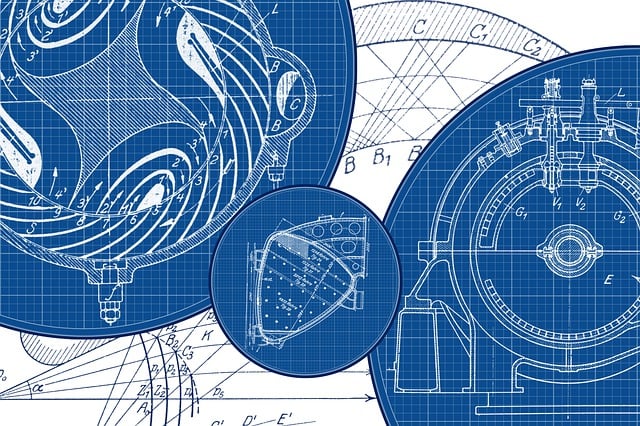
When a garbage disposal stops grinding or begins to make unusual noises, it’s time for a plumber to diagnose and fix any mechanical malfunctions. The first step involves checking for blockages in the drain or within the disposal unit itself. Plumbers use specialized tools like snakes (also known as augers) to clear obstructions, ensuring smooth water flow. If the blockage is severe or persistent, further inspection may be needed.
Mechanical issues can range from worn-out blades that require replacement to damaged parts such as gears or motors needing repair or a complete overhaul. A skilled plumber will identify these problems through careful disassembly and testing, ultimately providing effective solutions for seamless disposal operation.
Replacing Parts for Optimal Performance
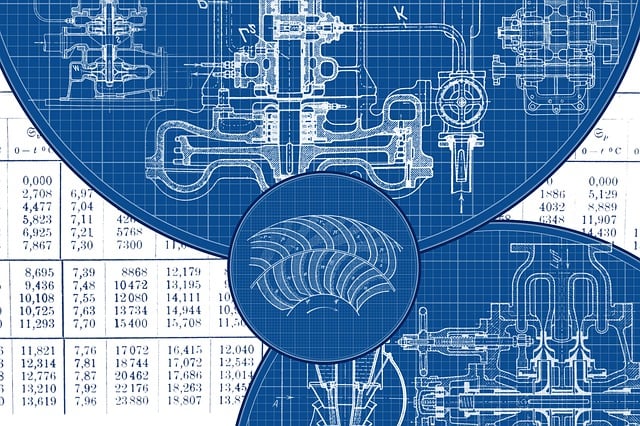
When repairing a garbage disposal, one of the key aspects to ensure optimal performance is replacing parts as needed. A plumber can help identify worn-out or damaged components such as the grinding blades, which are essential for efficiently breaking down food waste. By installing new blades, the disposer can once again grind food items smoothly, restoring its original efficiency.
Additionally, other crucial parts like the motor and mounting seals require regular attention. Over time, these parts can become loose, worn, or damaged, leading to leaks and reduced performance. A plumber can replace these components, ensuring the garbage disposal operates silently and effectively, preventing further issues and costly repairs down the line.
Preventive Maintenance Tips for Plumbers
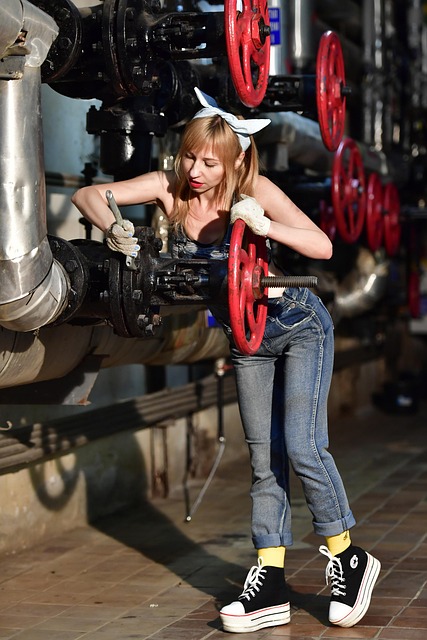
Regular maintenance is key to preventing costly and disruptive garbage disposal issues for plumbers. Encourage clients to perform simple, routine checks and cleaning to keep their disposals in top condition. This includes verifying that objects too large or foreign materials are not being disposed of, as these can cause damage. Plumbers should also recommend the use of hot water and vinegar washes periodically to clear out buildup and maintain optimal performance. Additionally, checking for leaks around the disposal unit and sealing any gaps can prevent water damage and ensure smooth operation.
A well-maintained garbage disposal is essential for a smooth kitchen experience. By understanding common issues, knowing the right tools and safety precautions, and familiarizing yourself with mechanical repairs, you can efficiently diagnose and fix problems. Regular replacement of parts and adopting preventive maintenance tips recommended by plumbers ensure optimal performance. Don’t let a malfunctioning disposal disrupt your routine; take control with these insights and keep your kitchen running smoothly.
